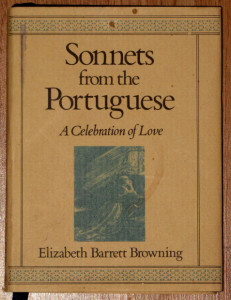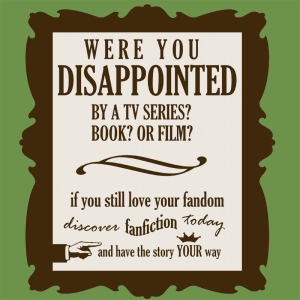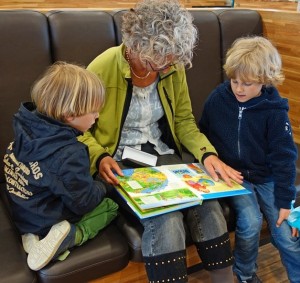 I’m lucky in that I’ve got a wonderful pool of friends, fans, writers, and readers with whom I can bounce off the latest ideas for my most recent book. I can either post in secret groups to get a wide-ranging opinion on a book cover idea or a blurb draft, or I can elicit specific feedback from a select few, depending on my need. And why do I do that?
I’m lucky in that I’ve got a wonderful pool of friends, fans, writers, and readers with whom I can bounce off the latest ideas for my most recent book. I can either post in secret groups to get a wide-ranging opinion on a book cover idea or a blurb draft, or I can elicit specific feedback from a select few, depending on my need. And why do I do that?
Because they keep me grounded. They keep me straight. And they tell me when I’m out to sea.
We all know we writers live in our heads. We get a great idea, we set it down, and — from our perspective — it’s a good story. Only problem is, our perspective is not always the one through which a reader reads our story. Continue reading “Knowing What Your Readers Don’t Know”

 Guest Post
Guest Post Like it, hate it, curse at it, deny it, but at some point, you’re going to have to face it: If you’re an independent author selling your work, you are running a business. And in some of your transactions with professionals who provide services for independent authors, like editors and designers, you might benefit from having a solid, written agreement.
Like it, hate it, curse at it, deny it, but at some point, you’re going to have to face it: If you’re an independent author selling your work, you are running a business. And in some of your transactions with professionals who provide services for independent authors, like editors and designers, you might benefit from having a solid, written agreement. The jury is far from in on this but there is a growing body of evidence indicating that spending too much time with electronic devices in the formative years can, quite literally, interfere with brain development in some areas. The theory is controversial but from what I know of child development, there may be some truth in it. We will not know the final verdict until the current generation becomes adults. These articles from
The jury is far from in on this but there is a growing body of evidence indicating that spending too much time with electronic devices in the formative years can, quite literally, interfere with brain development in some areas. The theory is controversial but from what I know of child development, there may be some truth in it. We will not know the final verdict until the current generation becomes adults. These articles from